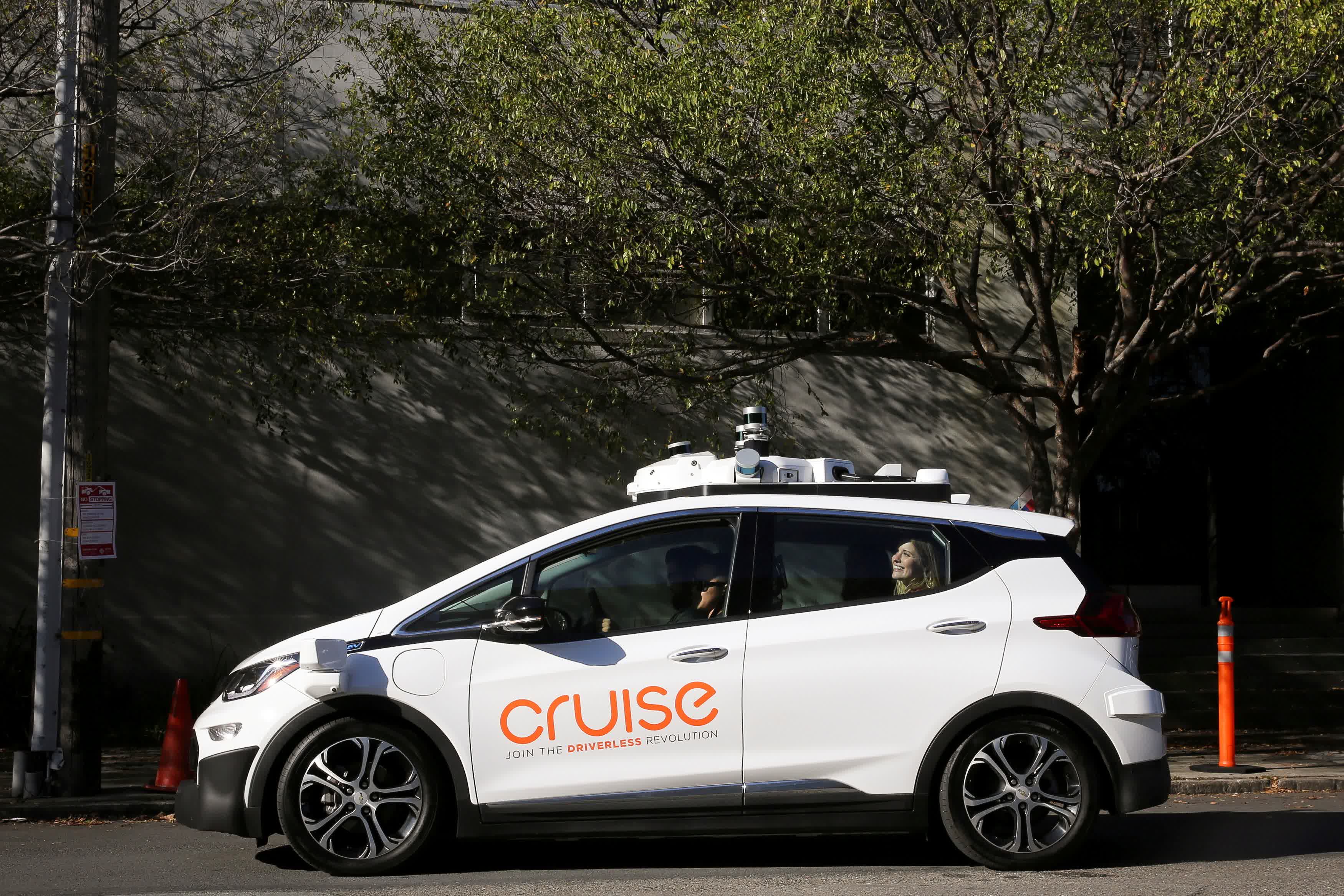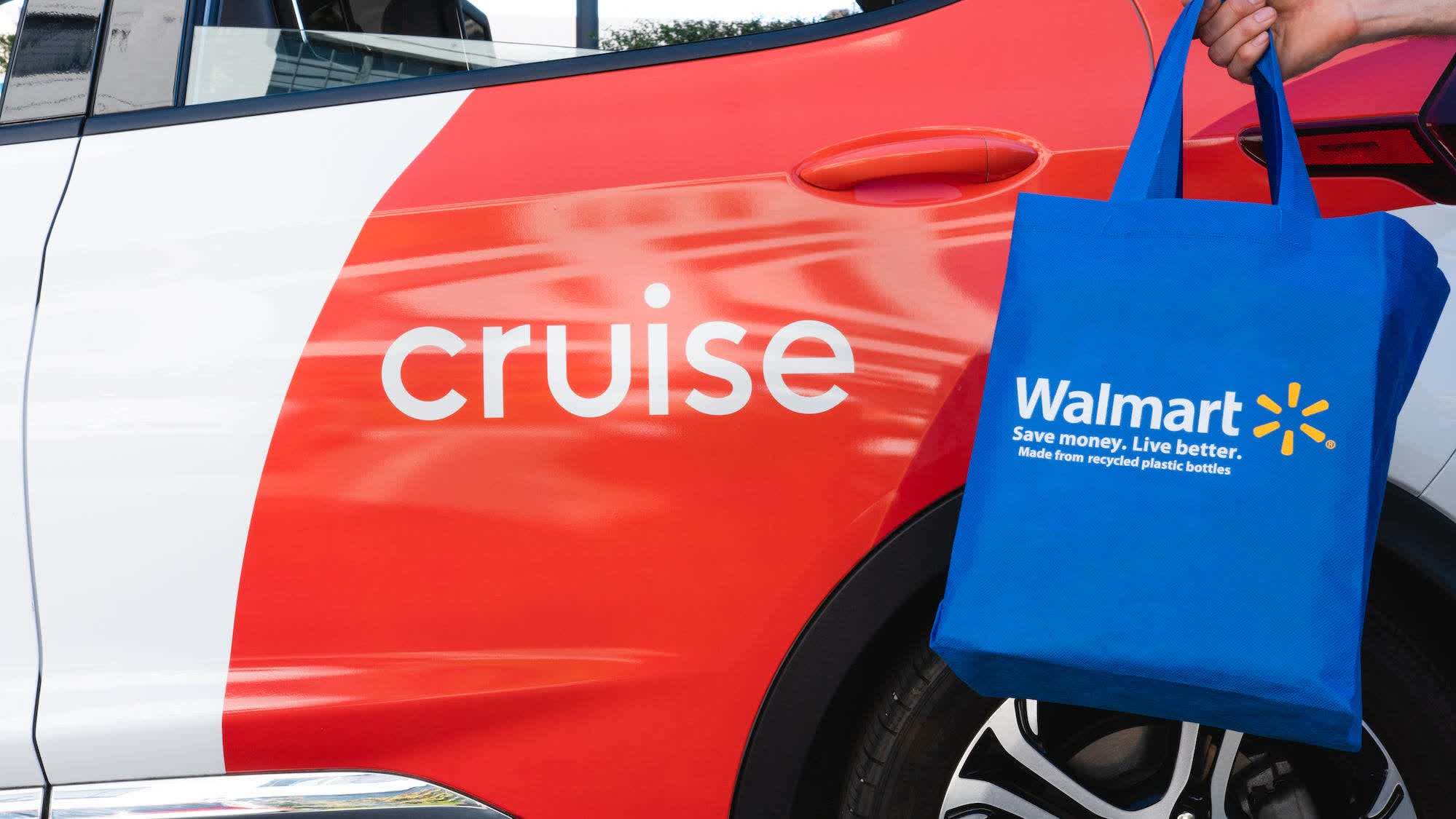In brief: Walmart is extending its reach beyond the walls of its iconic white-and-blue supermarkets, and into the realm of self-driving cars. As the company's president and CEO John Furner announced today, the nationwide grocery chain has decided to invest millions in Cruise, GM's self-driving car tech subsidiary.
We don't know exactly how much Walmart chipped in, but its contributions (combined with cash from other "institutional investors") have raised Cruise's latest funding total to $2.75 billion from $2 billion. In other words, Walmart's portion of the cash infusion is somewhere between $1 and $750 million, though we'd expect it to be on the higher end since the company felt the need to announce the investment publicly.
Specific totals aside, this is a wise move on Walmart's part. As delivery services continue to take on an increasingly prominent role in our day-to-day lives (especially amidst the ongoing pandemic), companies like Walmart have started to view autonomous vehicles as a valuable tool for business expansion.
Late last year, the company worked with Cruise to pilot a small-scale self-driving delivery program in Scottsdale, Arizona, powered entirely through the latter's fleet of all-electric EVs. Through the pilot, customers could place grocery orders from their local Walmarts and have Cruise's vehicles autonomously navigate to their house and drop off the items contact-free.

Since Walmart is eagerly throwing additional funds at Cruise, we assume that the pilot program worked out pretty well. Furner says the company has been impressed by Cruise's "unmatched" driverless testing, "differentiated business model," and "shared commitment" to a zero-emissions future. Since there are no human drivers to worry about (for better or worse), such a program should also prove scalable and affordable to maintain.
And indeed, scalability is precisely what Walmart is hoping to achieve with its latest investment. By giving Cruise a leg-up, the retail giant will in turn get the opportunity to grow its "last mile ecosystem" in a way that it hopes will benefit both consumers and the planet.
